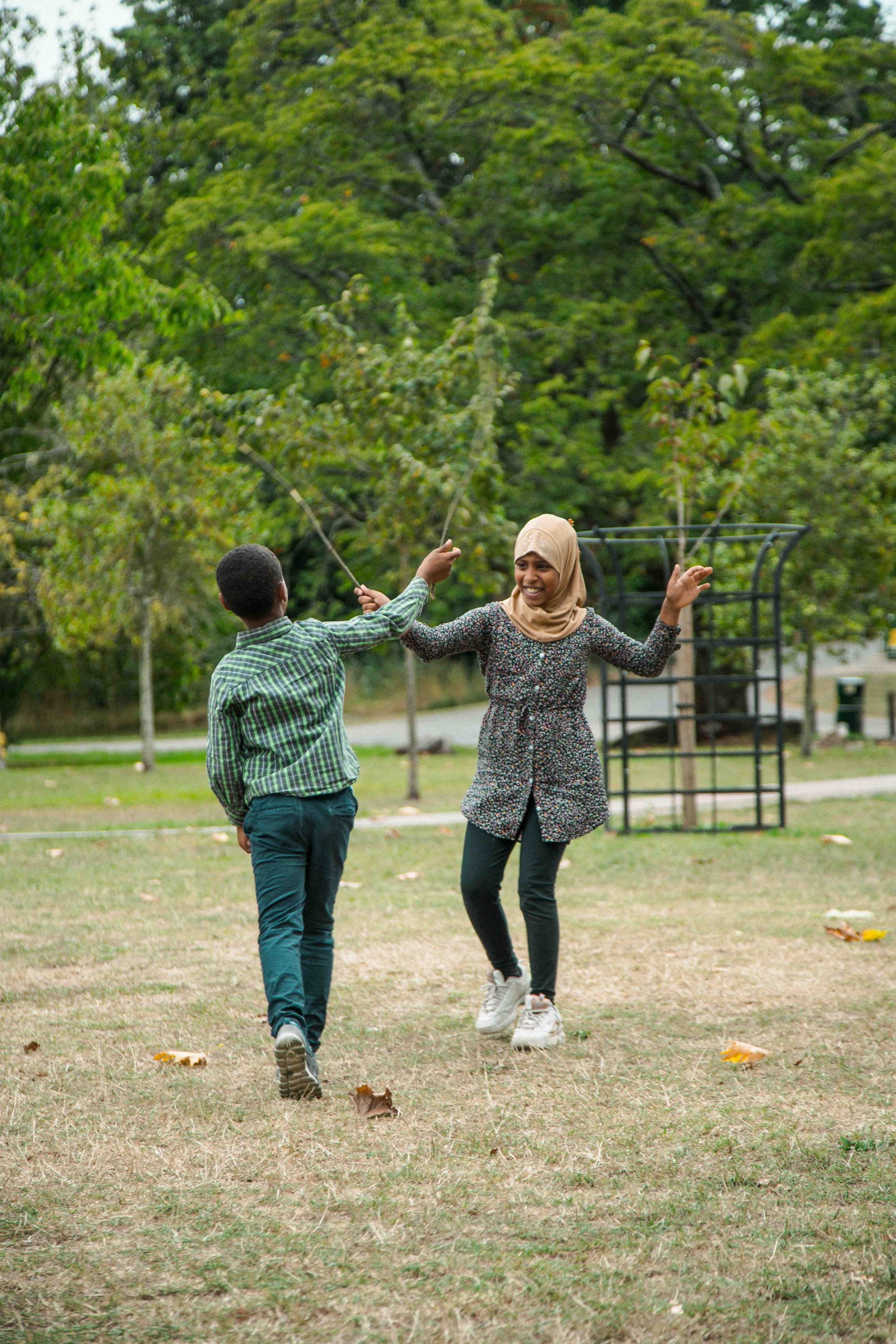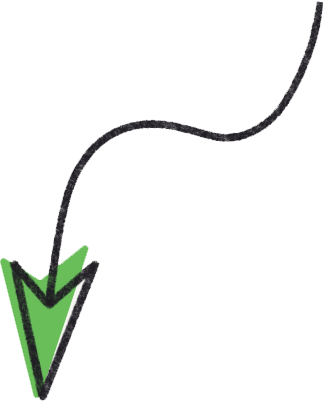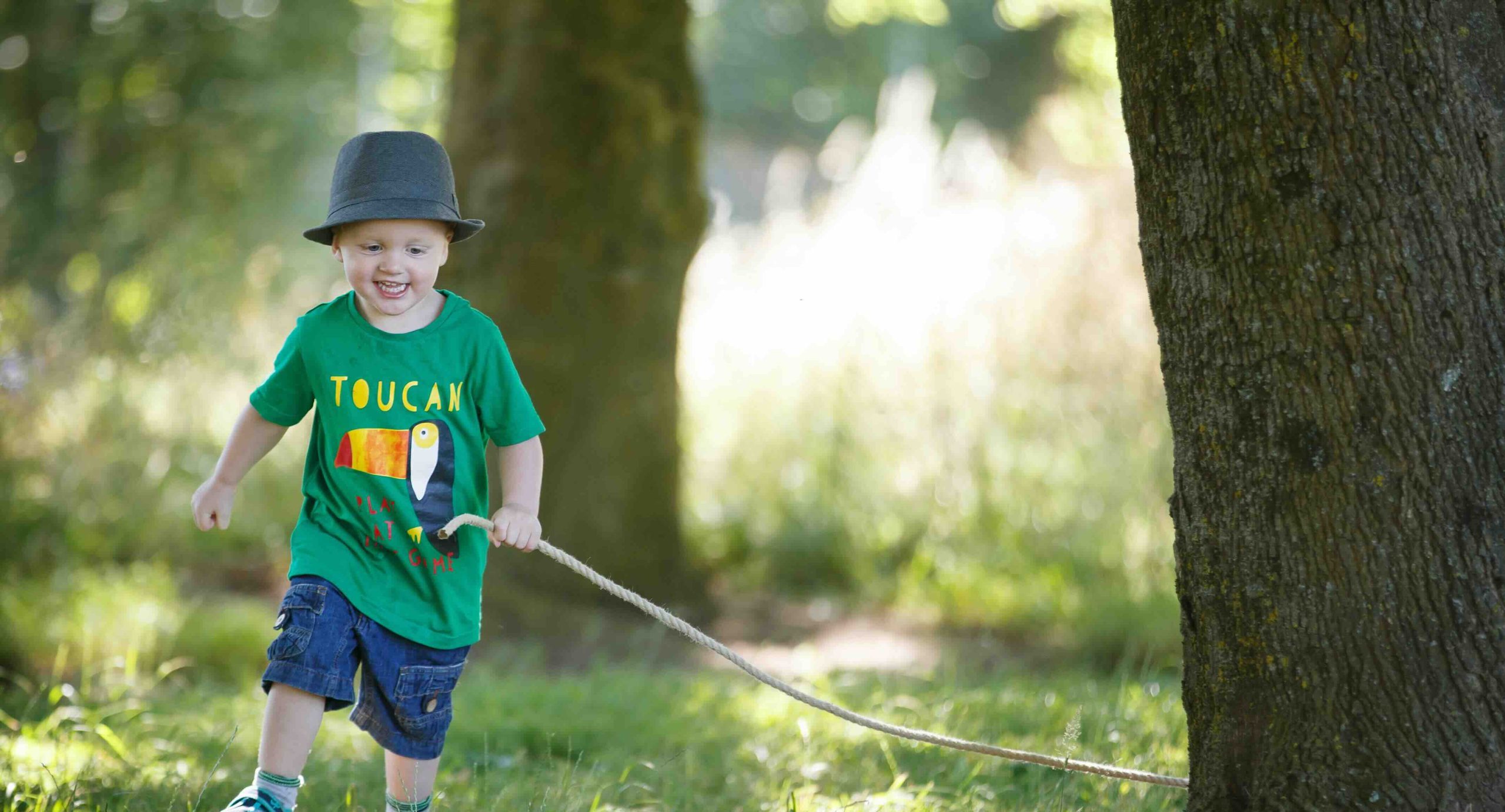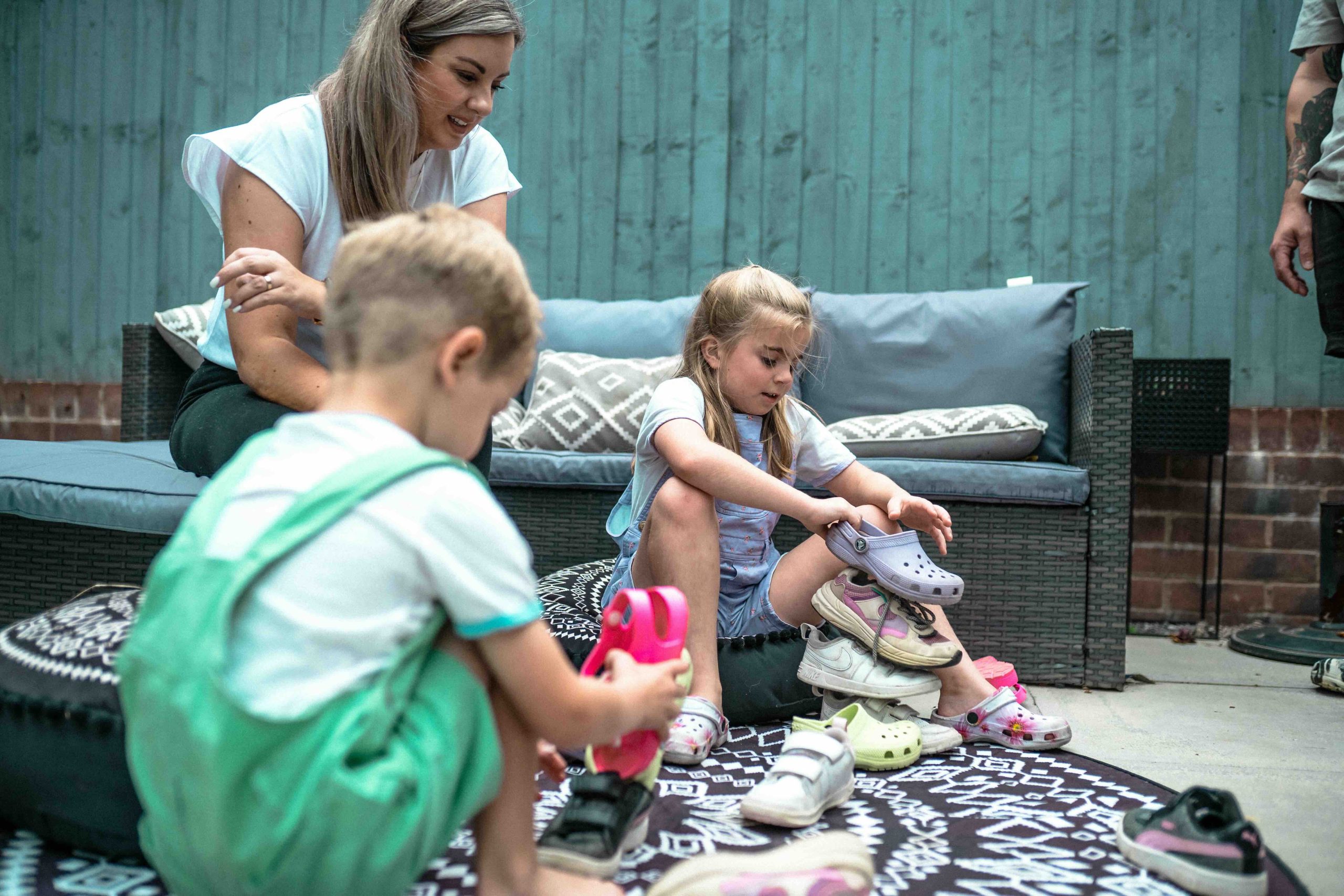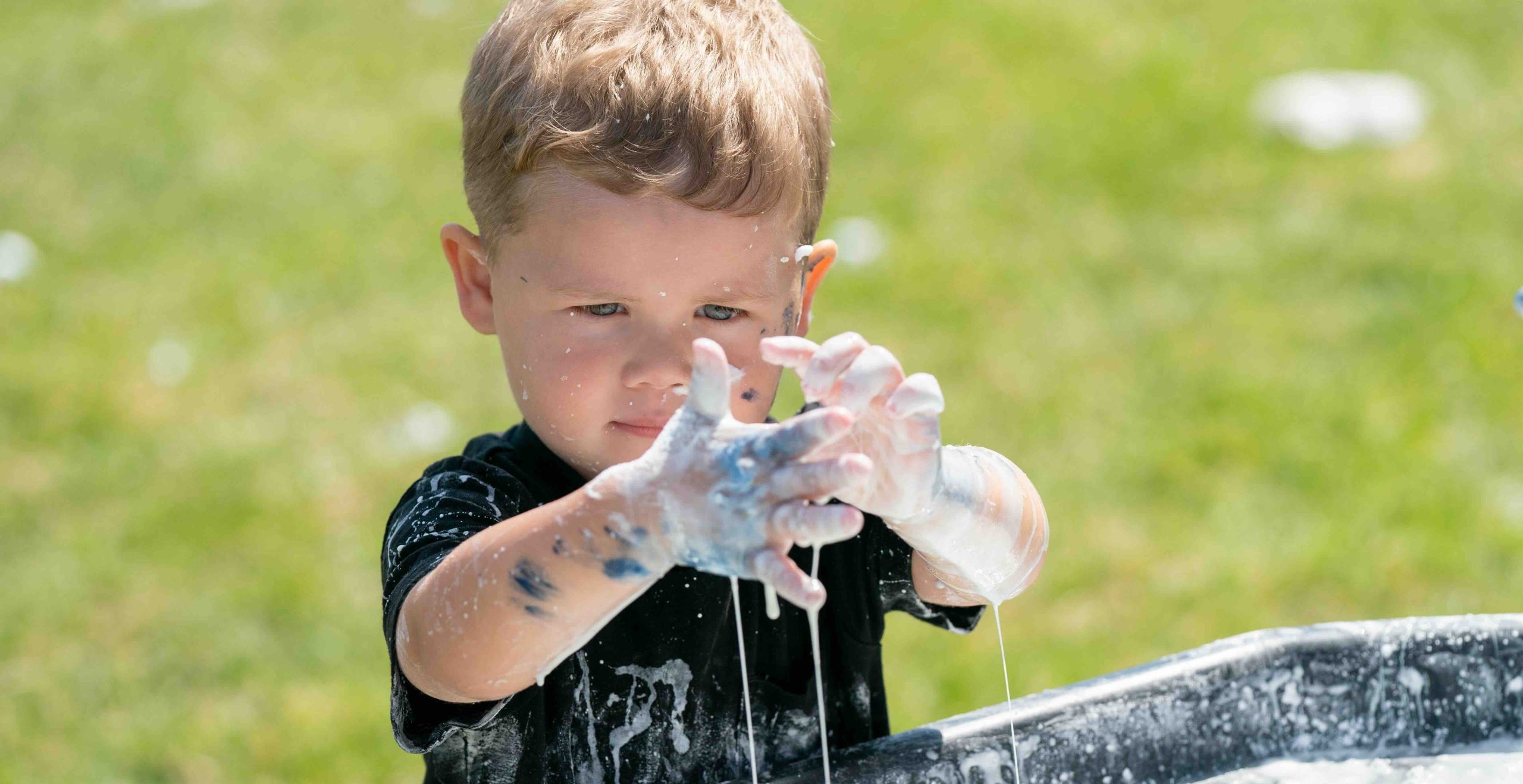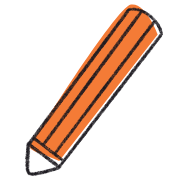Play Ideas
How to deal with your child playing with weapons
Children seem to be able to make weapons – not just guns but bows and arrows, grenades, light sabres, machetes and bombs – out of almost anything.
They make them out of sticks, cardboard, balls, vegetables and even their hands. Teenagers might like taking part in games like paintball or battle reenactments.
The benefits of playing with weapons
There are lots of different theories about why children and teenagers like to play with weapons. These include:
- Trying out different roles – what does it feel like to be a hero, to be powerful, to win or to lose?
- Exploring big ‘what if’ questions – what if I had a weapon? What if I was in danger? What if I was the good guy or the bad guy?
- Making sense of what they hear and see – news reports from war zones, or real-life conflict.
- Playing to work through something that is making them anxious, so as to make it less scary.
- Playing with physical space – moving around, winning territory, exploring the limits of the environment.
- Exploring how people might behave and react in different situations.
- Learning about communication.
Some people suggest that children who play with weapons are acting out ancient human instincts to hunt and to protect.
Things that may concern parents
If you’re unsure how to react to your child playing with imaginary and toy weapons, you aren’t alone. Many parents feel the same, especially about toy guns.
- You may worry whether it’s okay to let them play like this.
- You may worry whether playing with weapons will encourage your child to become a violent adult.
- You may wonder whether it’s possible to stop them.
The evidence suggests that playing with weapons – toys, home-made or imaginary – doesn’t turn children into violent adults.
Tips for dealing with your concerns
- Watch what happens – is anyone actually being hurt or bullied, or is everyone involved enjoying themselves?
- Listen to what your child says about playing with weapons and see how they feel. This may help you understand what playing is about for them.
- Think about what you feel comfortable with and why that may be. For example:
- Were you allowed to play with toy weapons when you were growing up?
- Are you afraid playing with weapons will make your child violent?
- Are you happy for your child to play with imaginary weapons?
- How do you feel about realistic toys or weapons your child has made?
- Think about how other people have reacted to your child playing with weapons. Have some of them joined in – for example, with howls of pain and dramatic death scenes? Have others tutted or said ‘don’t do that’? What difference does that make to how you feel?





